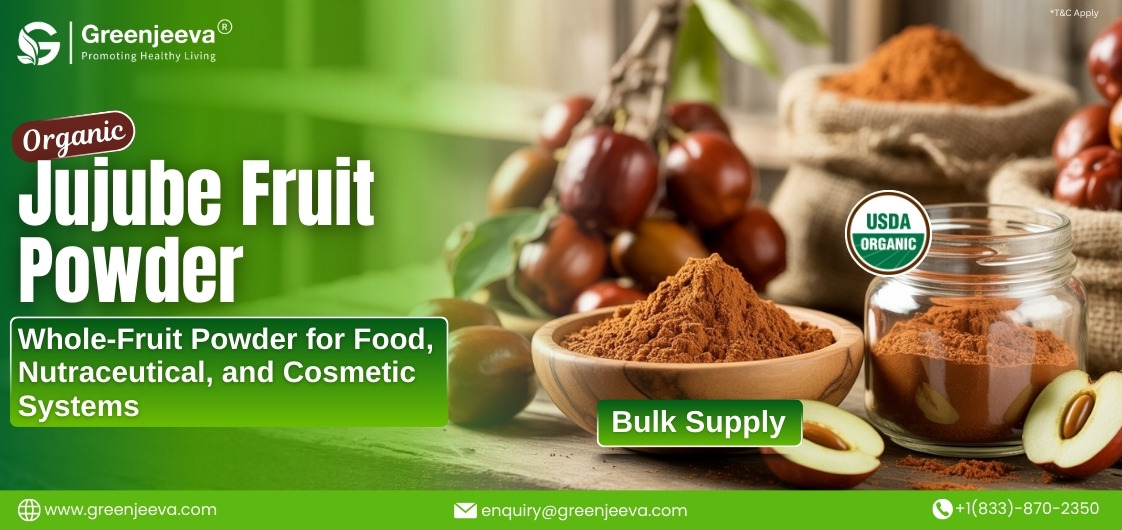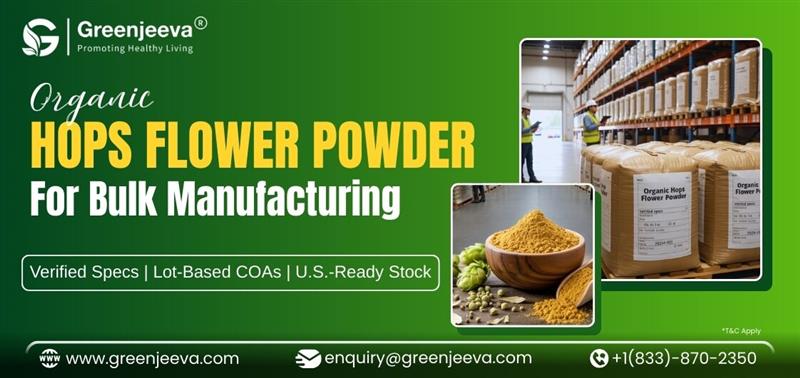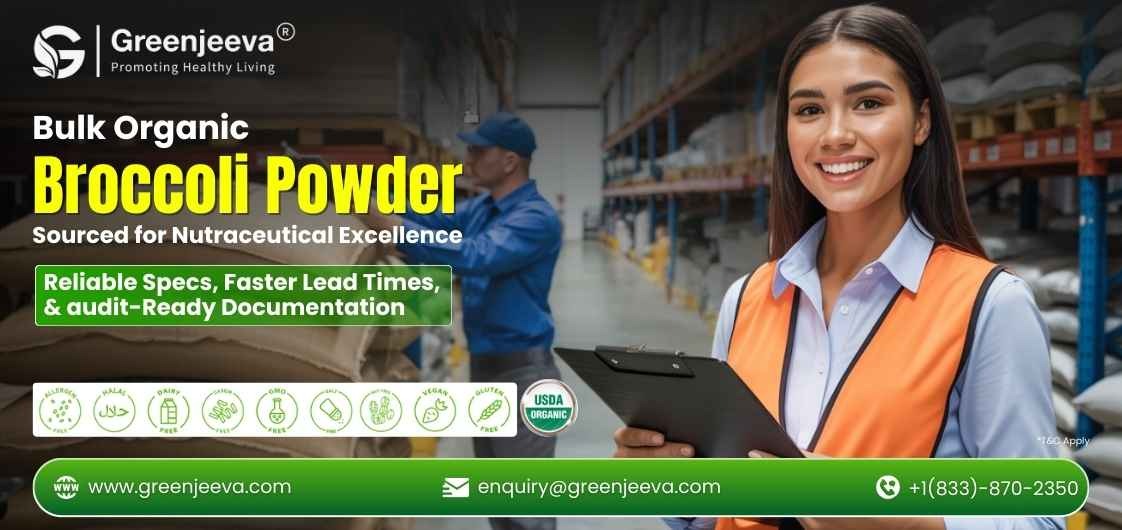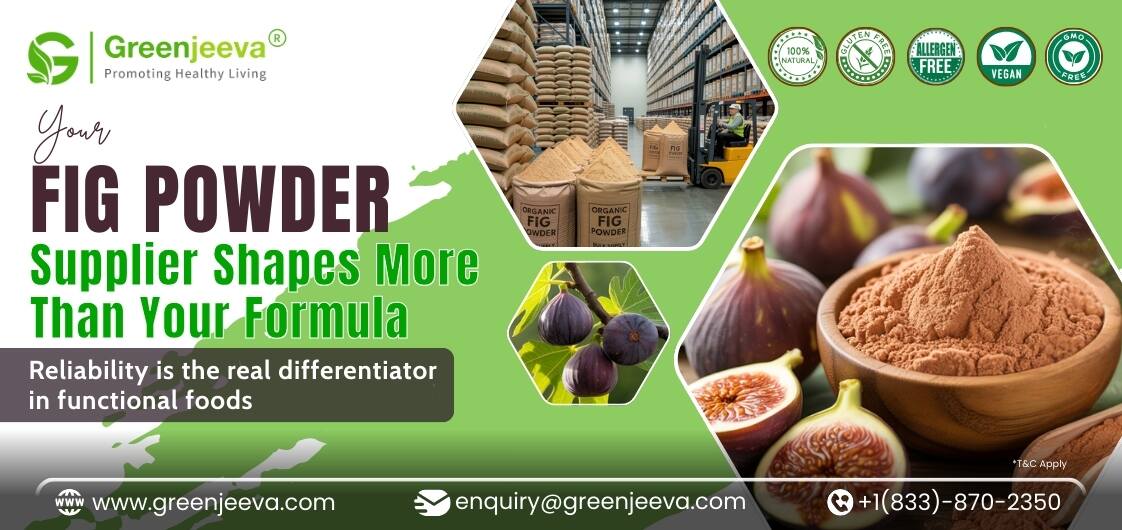Top Myths About Organic Food We Bet You Didn't Know

Any product labeled “organic” means a higher price. But is it always of higher quality?
Organic products have been a part of controversy for their nutritional properties since time memorial. When researching about organic food items, you must navigate through a puzzling maze of labels, claims, and health benefits. This can be a really tedious and confusing process to go through. So, here are some of the myths that you should ignore and truths that you should keep in mind when purchasing organic products.
Surprising Myths About Organic Food
- Organic Food is Pesticide-Free
Many assume that products labeled as organic are pesticide-free. However, organic does not mean 100% pesticide-free. It just signifies that the farming substances used in the production of this food are safe and non-toxic. Organic farms leverage the PAMS (prevention, avoidance, monitoring, and suppression) system, which happens to be a preventive measure against weeds, diseases, and pests.
- Organic Food Tastes Different
It is a matter of fact that the higher levels of antioxidants and nutrients present in organic products are expected to offer an enhanced taste in comparison to conventional food. However, this may not be correct at all times since the entire process of producing food is very complex. Food is produced across the world, with each place having a different soil and weather. These factors are likely to induce a unique flavor in the food grown across the globe.
- Organic Products are ‘100% Organic’
When you enter a supermarket, you can see the level of “organic” on a number of items, including pancakes, crackers, etc. But if a packet of biscuits has “organic” mentioned on it, that does not signify every component has an organic origin. Any processed product can be labeled “organic”, if at least 95% of the same is made using organic items and the rest are made of USDA-approved items. Hence, no “organic”-labeled product is 100% organic.
- Organic Food is Just for the Wealthy Population
In general, organic food costs a bit higher than conventional food. The high cost of organic food is due to the huge amount of money spend to certify the product organic and the labor-intensive process of organic farming. However, it is not completely true that all organic products are highly priced. Many large grocery chains sell organic products of their own generic brand at comparatively lower prices. There are also many websites from where you can buy affordable organic products online.
The Bottom Line
It is a matter of fact that organic food is reputed to be clean and healthy. However, in today’s market scenarios this may not hold completely true. It is the duty of a wise consumer to take informed decisions and not judge a product just by overlooking its label.
Also read: https://www.greenjeeva.com/blog/top-essential-vitamins-for-skin-you-probably-didnt-know
Disclaimer:
The above statements are not intended to cure any disease or comply with any health benefits. This is solely for information purposes. Please consult your doctor/health practitioner before consumption of the product. Although we take efforts to keep our website informative, we do not guarantee any medical benefits.






